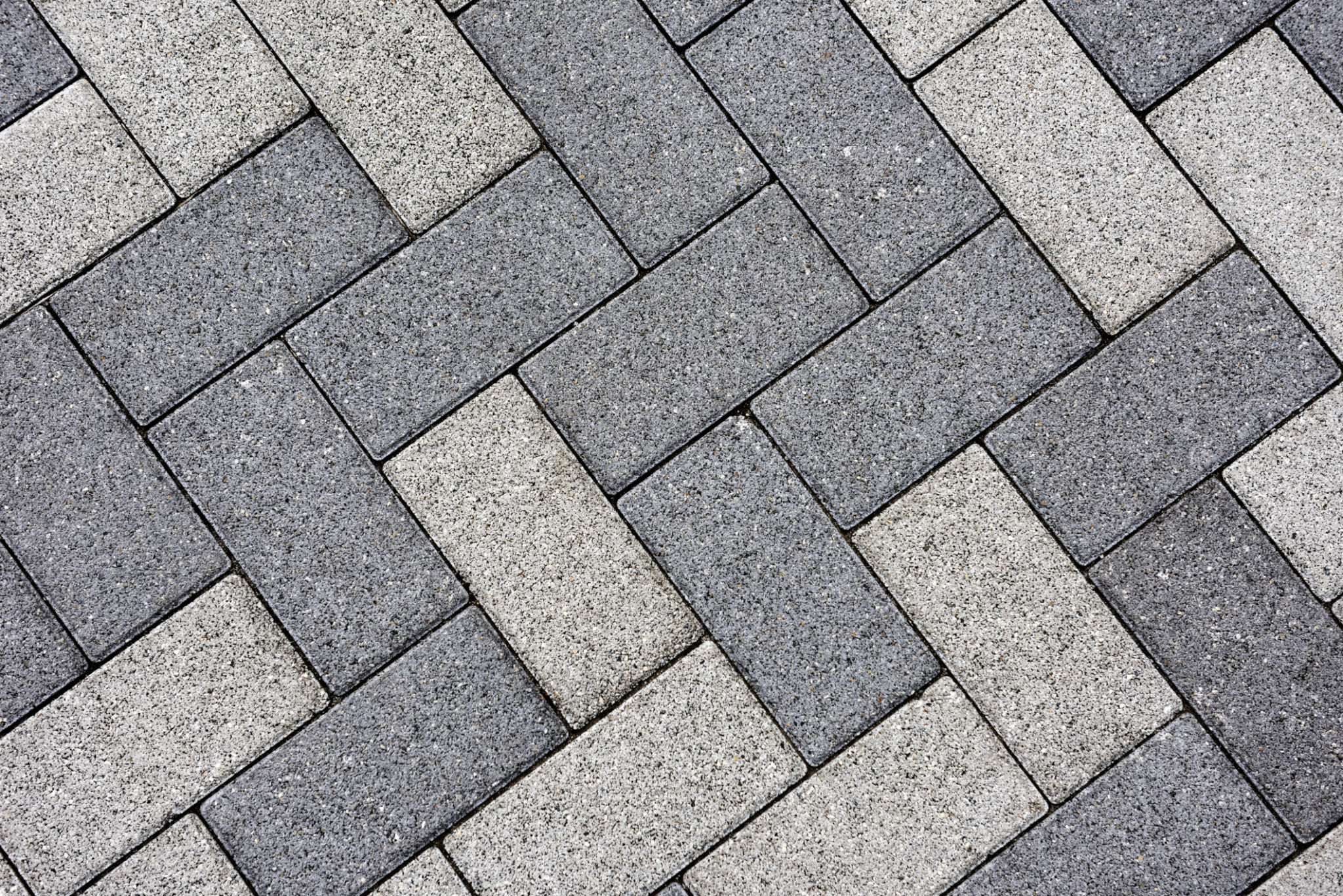The Ultimate Guide to Choosing the Best Driveway Material for Your Home
PP
Understanding Your Options
Choosing the right driveway material is crucial for enhancing your home's curb appeal and functionality. With an array of materials available, it's vital to understand the pros and cons of each to make an informed decision. In this guide, we'll explore popular driveway materials and help you determine the best fit for your home.

Concrete: Durable and Low Maintenance
Concrete is a popular choice for driveways due to its durability and low maintenance requirements. It can withstand harsh weather conditions and heavy loads, making it ideal for busy households. Additionally, concrete can be customized with various finishes and colors to match your home's exterior aesthetic.
However, while concrete is long-lasting, it can be prone to cracking over time, especially in areas with extreme temperature variations. Regular sealing can help extend its lifespan and maintain its appearance.

Asphalt: Cost-Effective and Quick Installation
Asphalt driveways are known for their affordability and quick installation process. They offer a smooth surface and are particularly suitable for larger driveways where budget constraints might be a concern. Asphalt holds up well against cold climates but may require periodic resealing to prevent cracking.
The dark color of asphalt can absorb heat, which may lead to a warmer driveway surface in summer months. However, this characteristic also helps in melting snow faster during winter.
Pavers: Versatile and Aesthetically Pleasing
Pavers provide a unique and attractive option for homeowners seeking a visually appealing driveway. Available in a wide range of shapes, colors, and materials, pavers can be arranged in various patterns to create a customized look.
While pavers are relatively easy to repair by replacing individual pieces, they can be more expensive than other materials. It's essential to ensure proper installation to avoid issues with shifting or weed growth between the pavers.

Gravel: Budget-Friendly and Rustic Charm
Gravel driveways are a cost-effective option that offers a rustic charm to homes. They are easy to install and allow for excellent drainage, reducing the risk of flooding in wet climates. Gravel driveways can be easily refreshed by adding more gravel over time.
One downside is that gravel driveways require regular maintenance to keep the surface even and free from weeds. Additionally, loose gravel can scatter, requiring periodic replenishment.
Consider Your Climate and Usage
When selecting a driveway material, consider the climate and how you plan to use the driveway. For instance, areas with heavy snowfall might benefit from asphalt's heat absorption, while regions with high rainfall might prefer gravel for drainage purposes.
The frequency of use is another important factor. Homes with multiple vehicles or heavy equipment might require more durable options like concrete or pavers.

Environmental Impact
Many homeowners are becoming increasingly conscious of the environmental impact of their choices. Eco-friendly options like permeable pavers or recycled asphalt can reduce your carbon footprint while still providing a functional driveway.
Permeable options allow rainwater to seep through, reducing runoff and helping replenish groundwater supplies. Recycled materials minimize waste and reduce the demand for new resources.
Professional Installation vs. DIY
Deciding between professional installation or a DIY approach will depend on your skill level, budget, and the complexity of the material chosen. While DIY projects can save money, professional installation ensures quality results and reduces the risk of costly mistakes.
For intricate designs or materials like pavers that require precise placement, hiring professionals is often the best choice to ensure longevity and aesthetics.

